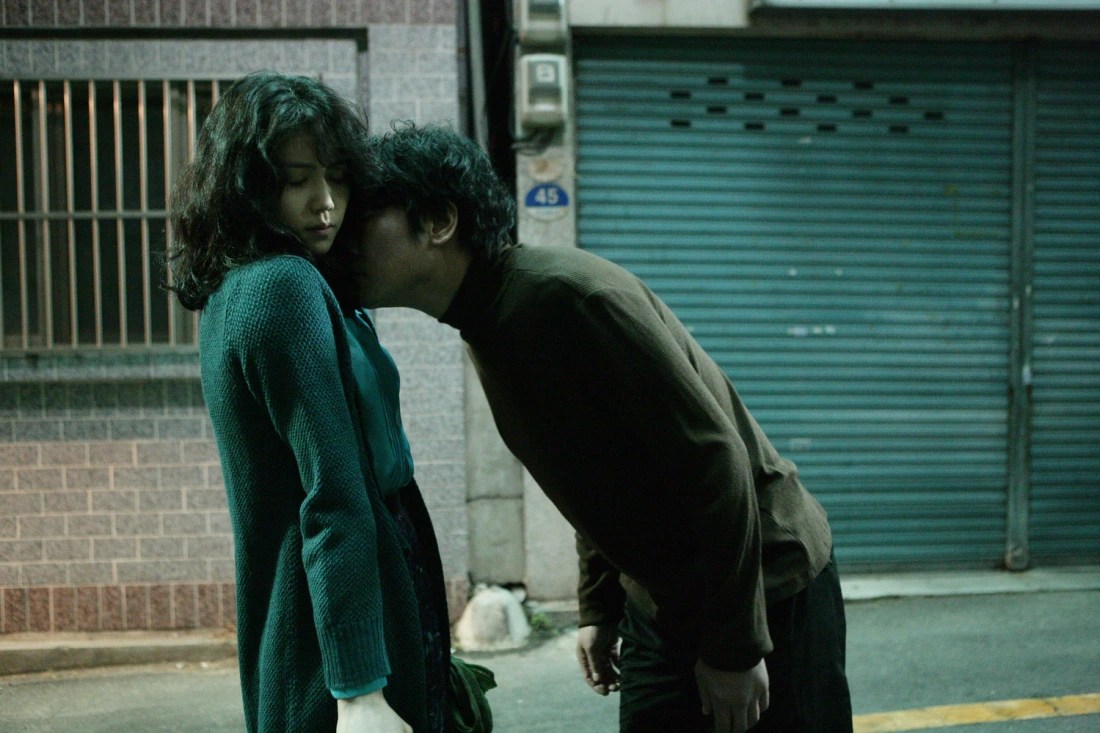Park Chan-wook is a globally celebrated South Korean film director best known for his provocative themes, narrative prowess, and distinct visual aesthetics. His body of work, which includes the internationally renowned Vengeance Trilogy, has effectively pushed the boundaries of cinematic storytelling. His meticulous exploration of human nature’s darker facets and his blending of various genres have produced some of contemporary cinema’s most original and compelling narratives.
Park’s approach to filmmaking has been shaped by his philosophical education and an early interest in cinema, which influenced his storytelling’s thematic and stylistic aspects. His films are distinguished by their exploration of provocative themes, where stylised violence serves not as a gratuitous element but as an exploration of the human condition’s complexities. This is most notable in his critically acclaimed Vengeance Trilogy—Sympathy for Mr. Vengeance, Oldboy, and Lady Vengeance—where intricate and disturbing narratives centre around the concept of revenge.
Park’s visual style stands out for its use of colour, composition, and meticulous attention to detail. His knack for creating highly aesthetic and symbolic scenes complements the depth and darkness of his narratives, resulting in a cinematic experience that is visually captivating and intellectually stimulating. Films like The Handmaiden exemplify this aesthetic craftsmanship, blending various genres and showcasing stunning visual imagery to tell an unpredictable and layered narrative.
Dark Cinematic Themes
In addition to their aesthetic richness, Park’s films feature complex, multifaceted characters caught in morally ambiguous situations, often challenging audience sympathies. Furthermore, his storytelling style often incorporates surprising narrative twists, as exemplified in Oldboy, keeping audiences perpetually on edge. Moreover, his films frequently provide a subtle commentary on Korean society and culture, addressing themes such as class conflict, family relationships, and national history, giving his works a sociocultural relevance beyond their thrilling narratives.
Park Chan-wook’s films have profoundly influenced national and international filmmakers, his innovative storytelling and aesthetic style leaving a lasting impact. Internationally acclaimed directors like Bong Joon-ho have cited Park’s influence on their works. Oldboy‘s Grand Prix win at the Cannes Film Festival helped solidify his reputation and elevate Korean cinema on the global stage. His idiosyncratic blend of provocative themes, aesthetic mastery, and narrative sophistication has indelibly marked him as one of the most distinctive voices in contemporary cinema.
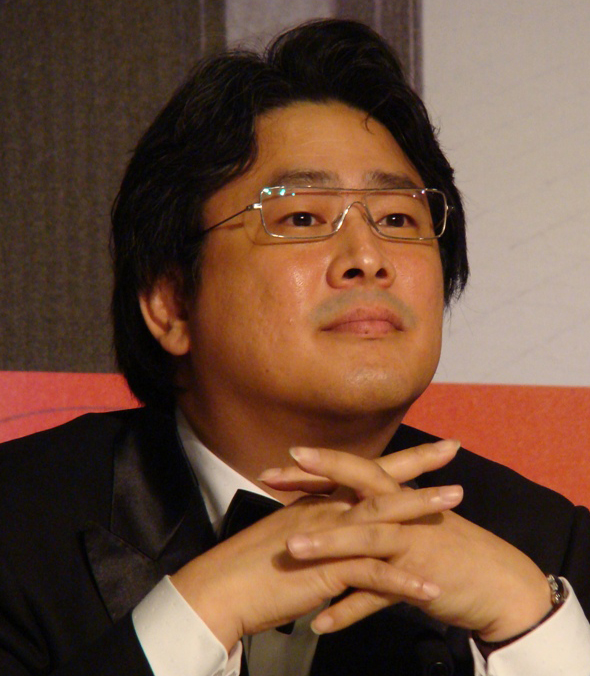
Park Chan-wook (1963 –)
Calculated Films:
- J.S.A: Joint Security Area (2000)
- Sympathy for Mr Vengeance (2002)
- Oldboy (2003)
- Lady Vengeance (2005)
- Thirst (2009)
- The Handmaiden (2016)
- Decision To Leave (2022)
Similar Filmmakers
- Alfred Hitchcock
- Bong Joon-ho
- David Fincher
- Jang Joon-hwan
- John Woo
- Kim Jee-woon
- Ryoo Seung-wan
- Seijun Suzuki
- Sion Sono
- Takashi Miike
- Takeshi Kitano
- Yeon Sang-ho
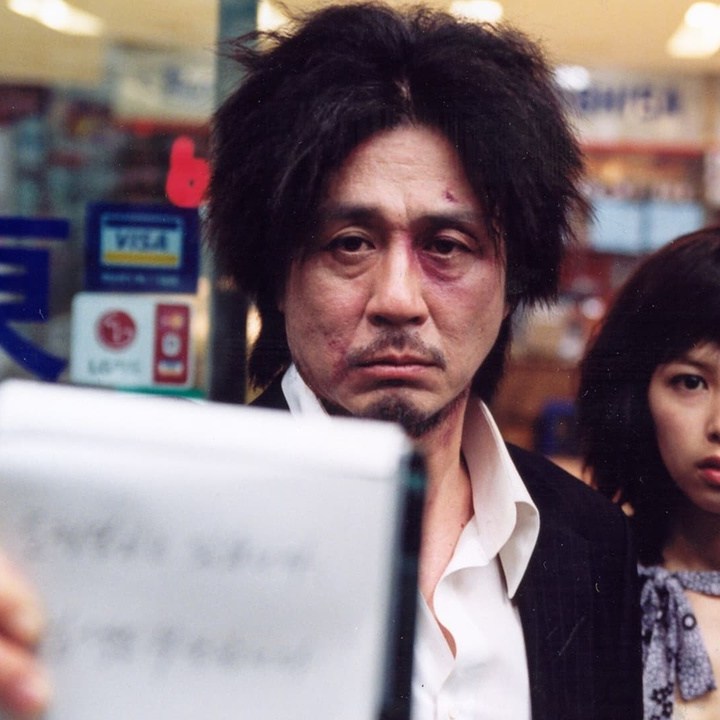
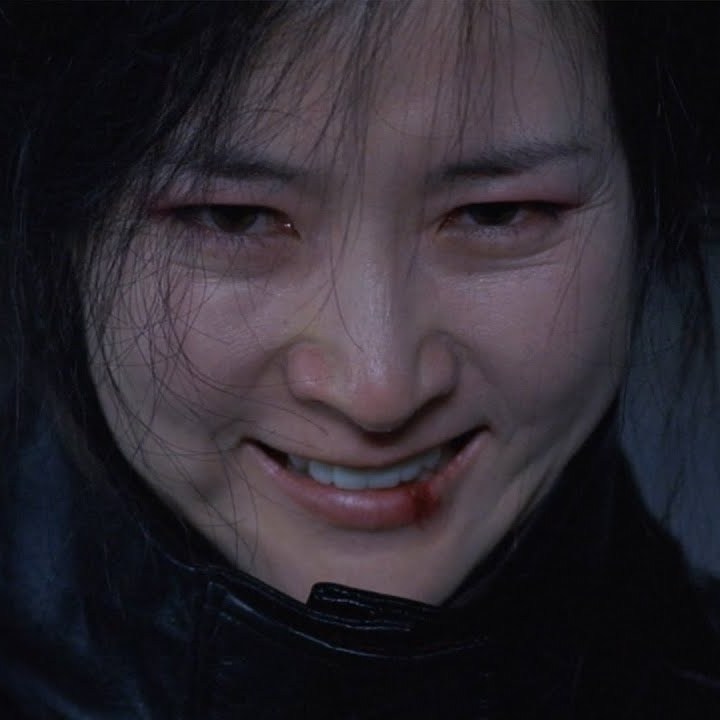
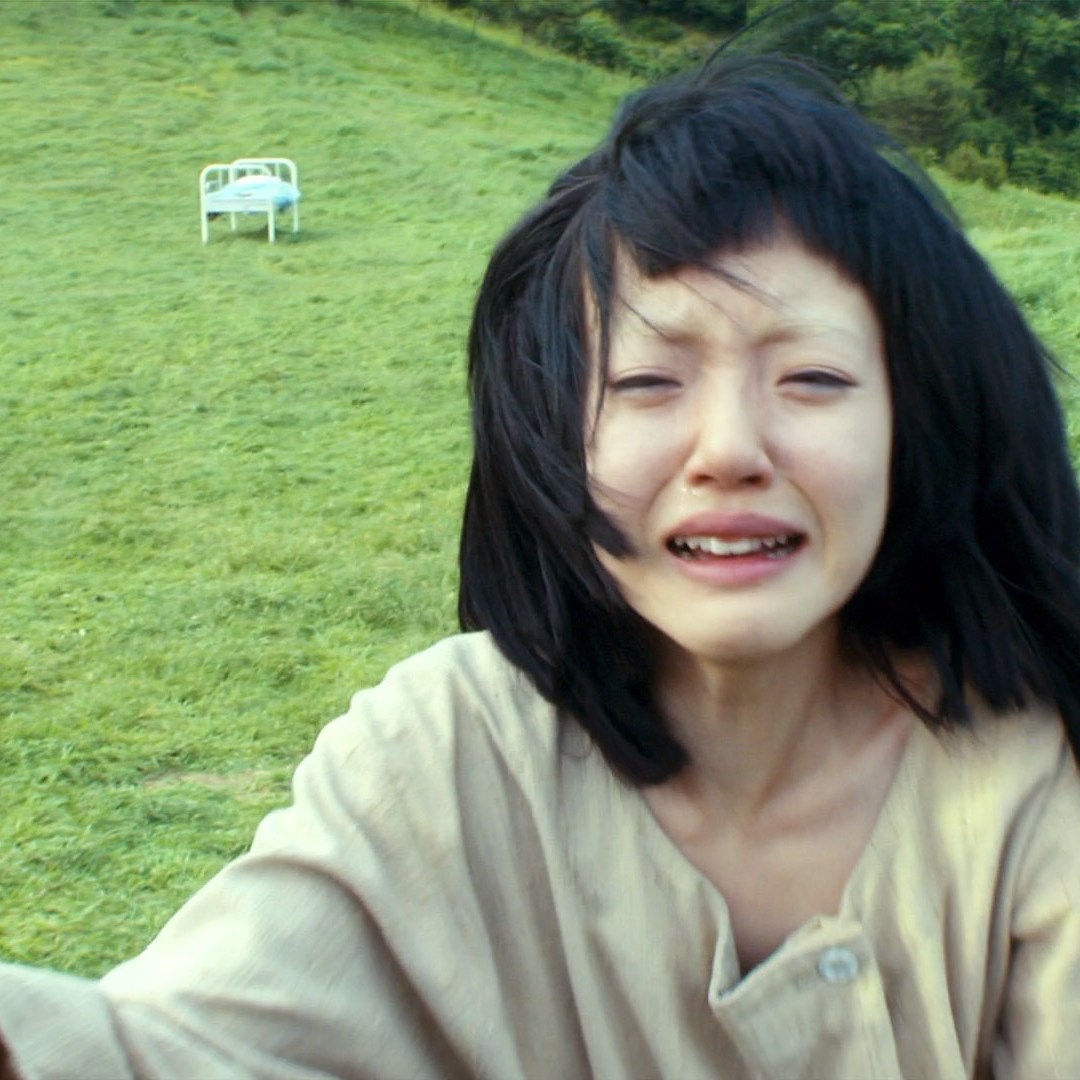
Park Chan-wook’s Top 10 Films Ranked
1. Oldboy (2003)
Genre: Mystery, Thriller, Drama
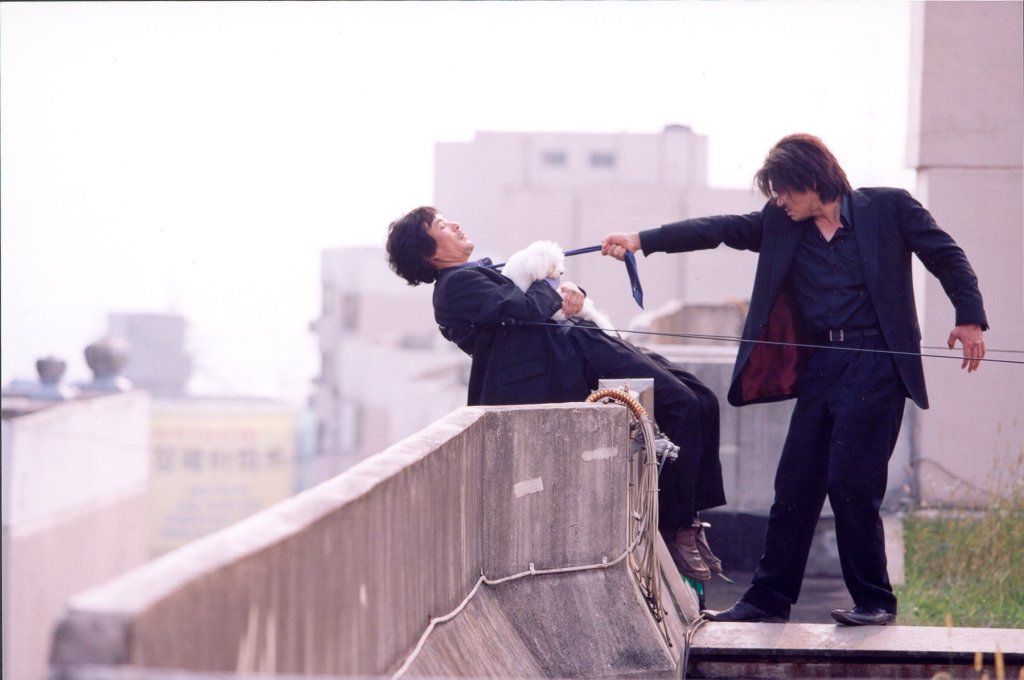
2. Handmaiden (2016)
Genre: Erotic Thriller, Period Drama, Drama

3. Joint Security Area (2000)
Genre: Drama, Mystery
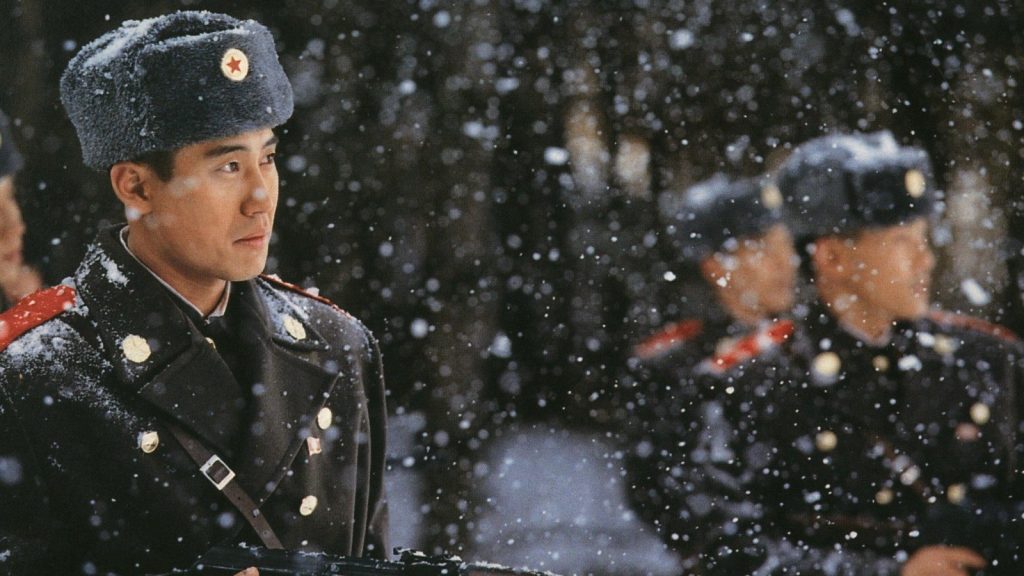
4. Sympathy for Lady Vengeance (2005)
Genre: Drama, Crime, Vigilante

5. Sympathy for Mr. Vengeance (2002)
Genre: Drama, Crime, Thriller
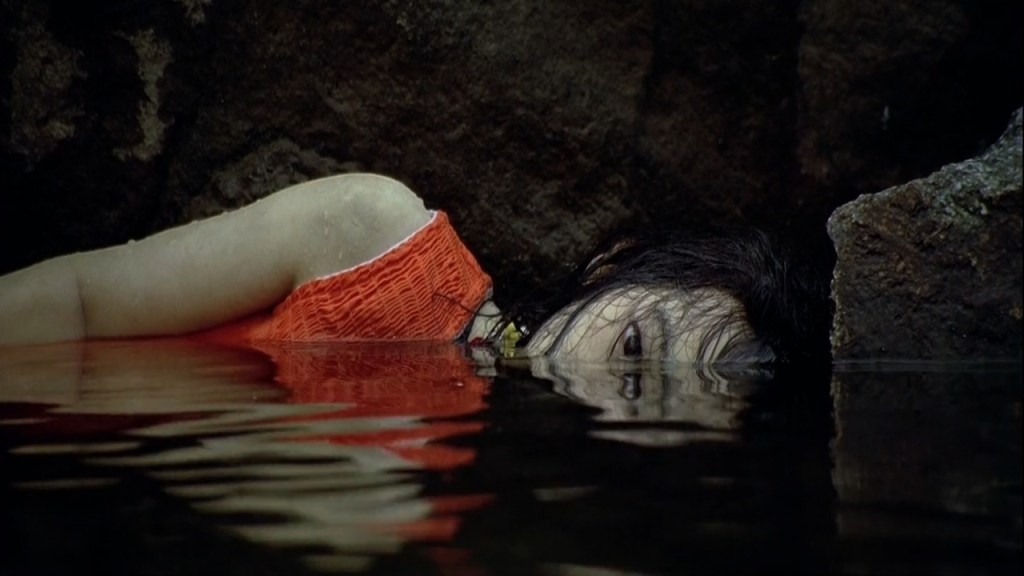
6. Thirst (2009)
Genre: Vampire, Drama, Romance

7. I’m A Cyborg, But That’s OK (2006)
Genre: Romantic Comedy, Psychological Drama

8. Stoker (2013)
Genre: Mystery, Psychological Thriller, Coming-of-Age, Gothic

Park Chan-wook: Themes and Style
Themes:
- Revenge and Violence: Park’s films often centre around revenge, depicting it as a powerful but ultimately hollow driving force. He explores the cyclical nature of violence and its emotional, psychological, and social implications.
- Moral Ambiguity and Human Nature: Characters in his films aren’t easily categorised as ‘good’ or ‘evil’. Instead, they navigate through shades of grey. He frequently probes into the darker recesses of human psychology and moral uncertainty.
- Sexuality and Desire: Park’s films explore the complexities of human sexuality and desire, often presenting them in ways that challenge societal norms and expectations.
- Isolation and Alienation: Characters often experience feelings of isolation and alienation, which contribute to their psychological depth and the overall atmosphere of the films.
Styles:
- Visual Aesthetics: Known for his meticulous visual style, Park’s films are often characterised by lush, meticulously composed shots and a bold colour palette. He uses visual symbols and motifs to communicate deeper psychological and emotional states.
- Narrative Structure: Park employs non-linear storytelling, flashbacks, and narrative twists that keep the audience engaged while gradually revealing the characters’ depths and motivations.
- Genre Blending: His films often transcend conventional genre boundaries, combining elements of thriller, horror, drama, and black comedy in unique and unpredictable ways.
- Attention to Detail: Every frame and scene is crafted with precision, and Park pays careful attention to costume, set design, and the overall visual presentation of his films.
Directorial Signature:
- Provocative Storytelling: Park isn’t afraid to address controversial topics and presents stories that provoke thought, discussion, and, at times, discomfort.
- Atmospheric Tension: Through the expert use of music, cinematography, and pacing, Park builds a pervasive sense of tension and unease that permeates his films.
- Character Complexity: Park’s characters are deeply complex, often walking the line between being sympathetic and reprehensible. They are never one-dimensional, always presenting a range of emotions and motivations.
- Unconventional Cinematography: With a distinctive visual language, Park utilises unusual camera angles, movements, and framing to create a visually striking and unique cinematic experience.
Park Chan-wook: The 145th Greatest Director



